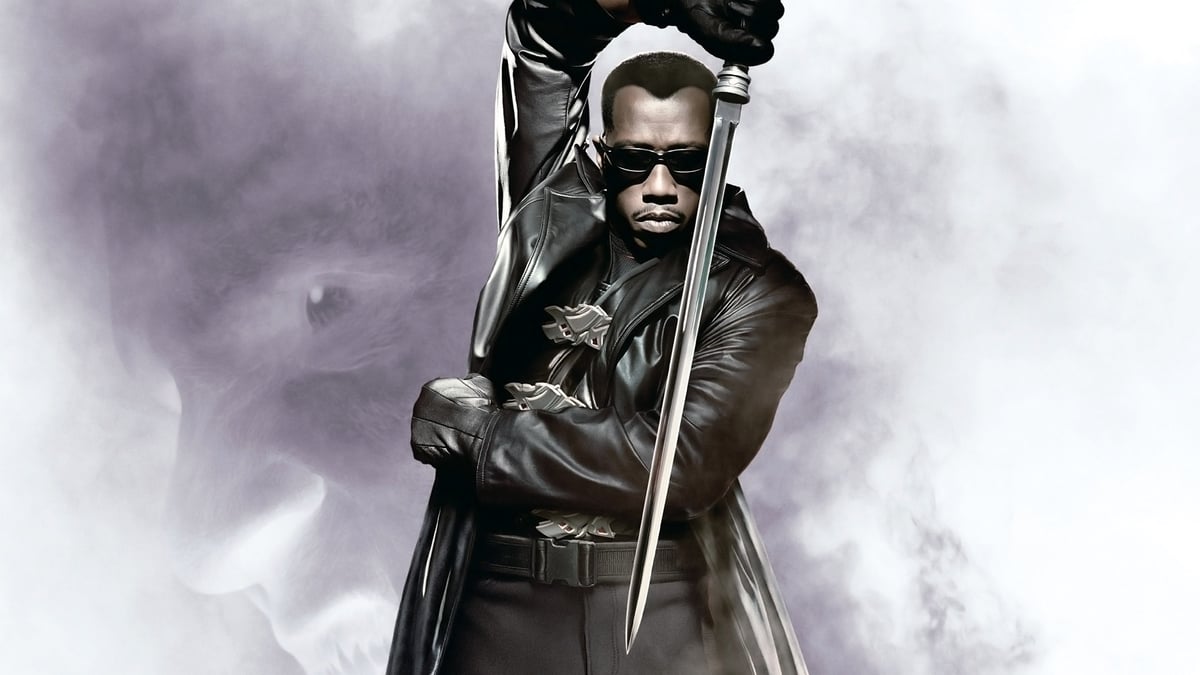Black superheroes and the secret history of a genre

In Februrary, BAMcinematek in Brooklyn will host a film series of black superheroes, ending with the opening of Ryan Coogler’s Black Panther.
It’s an eclectic mix: Blade and Blade 2 are there (but not Blade 3) as well as Catwoman and Robert Townsend’s Meteor Man, but also Melvin van Peebles’s Sweet Sweetback’s Baadassss Song, John Sayles’s The Brother From Another Planet, the alien invasion film Attack the Block and the alien cop story Men In Black.
Even Ghost Dog: Way of the Samurai (directed by Jim Jarmusch and starring Forrest Whitaker) and Strange Days are, in some sense, superhero films. More importantly, they’re part of the context for Black Panther just as much as Thor: Ragnarok or Iron Man 3, even if it’s along a different axis.
Hollywood is making enough “straight” superhero films that they’re metastasizing into the broader film culture. They’re not as readily a definable genre as they were from the Richard Donner Superman, through the Tim Burton Batman and Sam Raimi Spider-Man. Even the Blade movies, which really kicked off the current wave of superhero films, were coming at the genre from a different angle, in no small part because the protagonist and multiple leads were black.
Genre lines are always more imaginary than real. Samurai movies borrowed from westerns, who borrowed right back; our favorite space operas borrowed from adventure serials and swashbuckler epics. Now we have superhero thrillers, superhero love stories, superhero tween dramas, and superhero westerns. And other movies are borrowing pieces from superhero films in turn. So, too, our histories of those genres are getting scrambled all over again.
Black Panther is likely to push the genre boundaries further, into sci-fi, fantasy, and a thriving tradition of black superhero film. It’s just going to be bigger and better than all of them, is all. (Can you tell I’m excited about this movie?)





Stay Connected